Welcome to STYLE Canada‘s Boreal Book Club: a monthly meeting narrated by Erin Catto, (reviewer at Girl Well Read), for bookworms who’re looking to scour new pages. Since we aim to shine a spotlight on all things Canadian in life and style, beauty, and health and wellness, it goes without saying that every instalment of the Boreal Book Club will feature a Canadian author and their latest title. Be sure to use the hashtag #BorealBookClub to share with us on social!
https://www.instagram.com/p/CELYsvGHK05/?utm_source=ig_web_copy_link
Chawton, a village in England, is famous for being the final home of Jane Austen. A hundred and fifty years later, it is still home to a few of her distant relatives. When the last pieces of Austen’s legacy are threatened, an unlikely group forms in efforts to preserve Austen’s home and legacy.
These people—a labourer, a young widow, the local doctor, and a movie star, among others—could not be more different and yet they are united in their love for the works and words of Jane Austen.
As each person endures their own quiet struggle with loss and trauma, some from the recent war, others from more distant tragedies, they band together to create The Jane Austen Society.
This powerful and moving debut is a fictional account of one of England’s most celebrated authors. Natalie Jenner‘s appreciation and enjoyment of Jane Austen is apparent—she shares the same joy of Austen’s writing with her characters.

Photo: Natalie Jenner
The inclusion of Jane Austen quotes further highlights the affinity and connection that Jenner’s characters have with Austen’s characters. Jenner takes the utmost care in developing her large cast and fully fleshes out their backstories, as well as their connections to one another. This is some of her strongest writing—these relationships she creates rival those in an Austen work.
The Jane Austen Society is an exploration of the resilience and strength of the human spirit in times of great tragedy and loss. Meticulously researched and beautifully written, this book will delight historical fiction and Austen fans everywhere.
Scroll to read Erin Catto’s exclusive interview with Natalie Jenner about The Jane Austen Society.
https://www.instagram.com/p/CDsMIcKA7V_/
EC: How many hours a day do you write? What does your writing process look like?
NJ: When I am working on the first draft especially, I write every morning from 5:00 a.m. to 7:00 a.m., awakened against my will by my characters already in mid-conversation with each other. I love writing very early in the day because that’s when I face the least risk of interruption – or distraction – by the world outside. I will spend more time later in the morning, after breakfast and exercising, going over the new material and editing it until I am satisfied enough to move forward again. The rest of the day I spend on Twitter. Not really. But sort of.
EC: Are you a pantser or a plotter?
NJ: Completely flying by the seat of my pants! When I start the first draft, I don’t have any idea of what is going to happen from one word to the next. I write, day after day, seven days a week without a break, in order to find out what is going to happen. It’s a very exhilarating way to write. Your characters will surprise you, and misbehave, and you will discover twists and turns – and even larger themes – that your own creative subconscious mind has already been setting up throughout the text without you even knowing. For me, the first draft is like a drug, a dream – revision is the penance for the fun of the first draft.
EC: How did you come up with the concept for The Jane Austen Society? What was the inspiration?
NJ: Following a very sudden and extremely harrowing medical diagnosis for my husband a few years ago, I had been reading a lot of books by and about Jane Austen as I often due in times of stress, as well as watching a lot of Escape to the Country and dreaming about far-off bolt-holes in England. Over time, I found myself becoming very intrigued on an intellectual level by Austen’s unique ability to soothe my emotional pain. Through my reading, I was also inspired by how Austen’s cottage in real life was saved by a society set up by very regular, local villagers, and by how letters, artifacts, and places can help future generations understand the great geniuses of our past. Finally, as a former and recent bookshop owner, I had been inspired by the many moments of connection in my shop, whether with me or between customers, over a shared love of books. All of this coalesced into my wanting to explore how books can comfort and connect us, despite seeming differences, as well as the question of who gets to write, affect and change history.
https://www.instagram.com/p/CApicqAA9kg/?utm_source=ig_web_copy_link
EC: Do you have a favourite character?
NJ: I bit off a lot with eight main characters in this book, and I don’t think you do that as a writer unless you are going to love and be fascinated by them all. But if I had to pick one, it’s probably Evie. She is the only character based at all on someone real (my daughter, who was exactly Evie’s age when I was writing the book), and recently I realized Evie is also an homage to my self-taught mother (one of the delayed discoveries we pansters get, even years after writing). Both these women in my life have a strong educational bent, the ability to become very single-minded in focus, and a refusal to be beaten back by bad luck in life.
EC: What character did you sympathize with the most? Did that change while writing the book?
NJ: I sympathized tremendously with all my characters because, looking back, I now see that I was unconsciously using them to work through my own challenges involving my husband’s medical prognosis, which remains challenging and unclear. That intense relatability and osmosis for me with my characters is probably why my sympathies never flagged or changed. But if I had to pick one, I would say I sympathized the most with Adeline the schoolteacher, because she is given an excruciating level of loss to cope with – more than most humans will ever have to survive. And her owning of her grief – while internally fighting to not let it overcome her – emotionally affected me throughout the entire course of the book.
EC: What was the hardest scene to write?
NJ: As a pantser, I find the chapters just flow through me, especially in the course of that first draft. It’s a magical process actually (in case anyone is wondering why writers do what they do, that “being in the zone” feeling is pretty intoxicating!). But I would say that the most emotionally difficult scene for me to write was when Adeline is so immersed in her grief, that you can see how cut off she is from any real or authentic connection with others. I also found the Christmas churchyard scene with Dr. Gray, where he contemplates the mistakes he has made as a doctor and as a man, very difficult to experience alongside him. I don’t think it’s a coincidence that when I first heard the audiobook version of those two scenes, narrated by the British actor Richard Armitage, that I found myself brought to tears for the first time.
EC: Can you tell me about the research you did for this novel?
NJ: Well, I sort of back-ended into this book because most of the research was done before I even had an inkling that I was going to return to writing after a ten-year break from trying to get published. In addition to all the reading by and about Austen that I mentioned above, I also took a trip to Chawton, the village in England where she had spent the final decade of her life, to essentially walk in her footsteps and pay homage to her for helping me through such a difficult time in life. Looking back, I now see that being in this very peaceful, beautiful, and historically significant place inspired me both emotionally and creatively. After that trip, I continued to read more about Austen herself, her own process as a writer, and her own internal struggles. Then, for my fiftieth birthday, I treated my daughter and myself to our first Jane Austen conference in Philadelphia, and the theme was her final novel Persuasion, particularly how grief runs through it. All of those experiences fused together to provide a very strong, emotive and almost intuitive feel for Austen that pretty much fuelled me the entire time I wrote this book.
https://www.instagram.com/p/B2ZESLgFq4O/?utm_source=ig_web_copy_link
EC: How did you balance crafting a good story against historical accuracy in terms of character development?
NJ: I think I got lucky on this one. Because I had done what turned out to be a year of unintentional research, when I did feel that creative impulse to write again, I was able to keep all that completed research both in the back of my head and behind me, so-to-speak. It acted more as a whisper in my ear as I wrote, rather than something looming that I had to manage or contemplate in terms of accuracy. I focused the entire time on the characters, what was driving them, and their potential conflicts with each other, and used the historical knowledge I had unintentionally acquired to enhance their believability and create atmosphere and tone, rather than as an element itself of the plot.
EC: If you could tell your younger self something about writing and becoming an author, what would it be?
NJ: That writing a book is not about getting published. It’s about developing a strong skill-set, a muscle, an intuitive radar for the mechanics of a story well told. And inspiration will come when it comes – even then, there is still no guarantee that it will be the kind of inspiration that will make your story resonate commercially and lead to outside interest. The only thing you can control is to make space for writing in your life, and to practice and develop the skill set required, so that the minute inspiration strikes, you are ready for it.
EC: What are you working on now?
NJ: I am working on another work of historic fiction, although I can’t say too much about it yet (partly because I am wildly superstitious while working on the first draft!). But as with The Jane Austen Society, this book is also set in England in the past – this time in the early 1950s in London, in a bookshop. My lips are sealed on the rest!
https://www.instagram.com/p/CCb558igGFo/


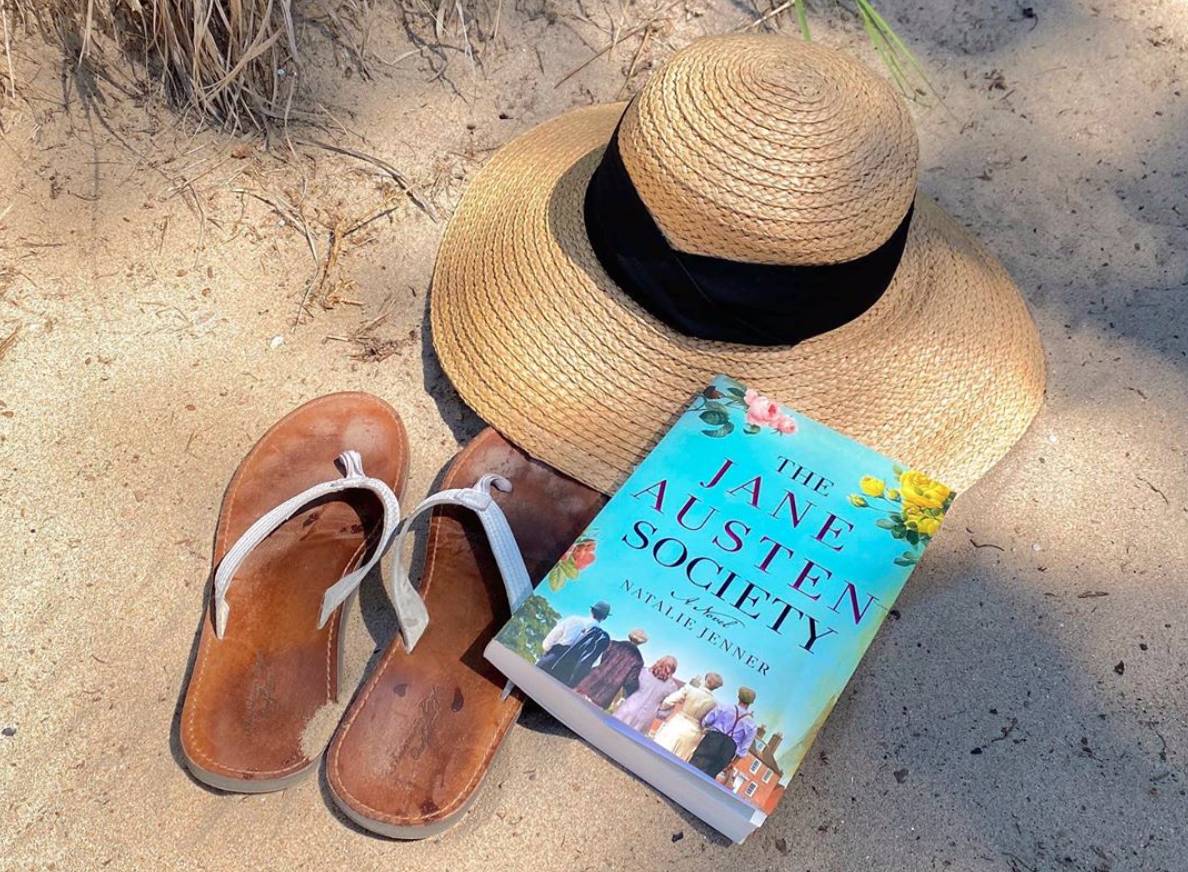
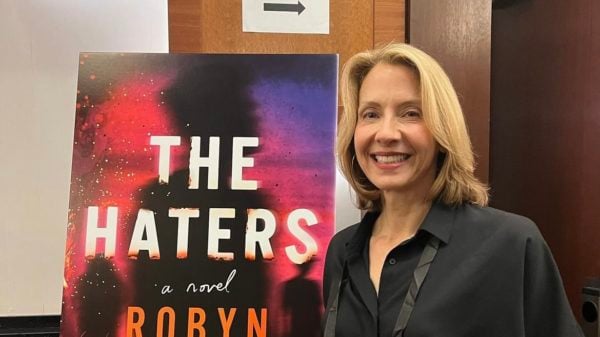
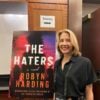
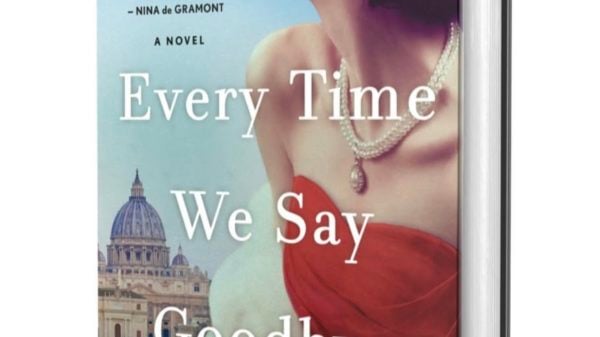
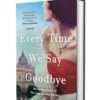
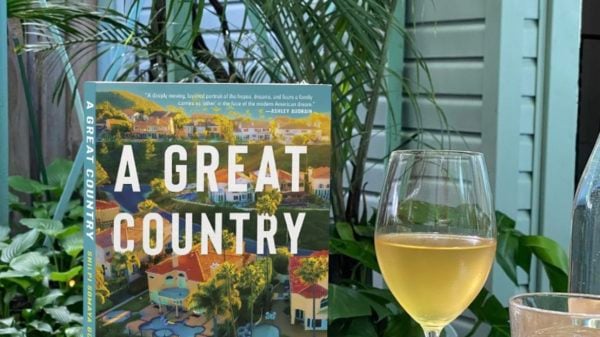
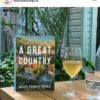



You must be logged in to post a comment Login